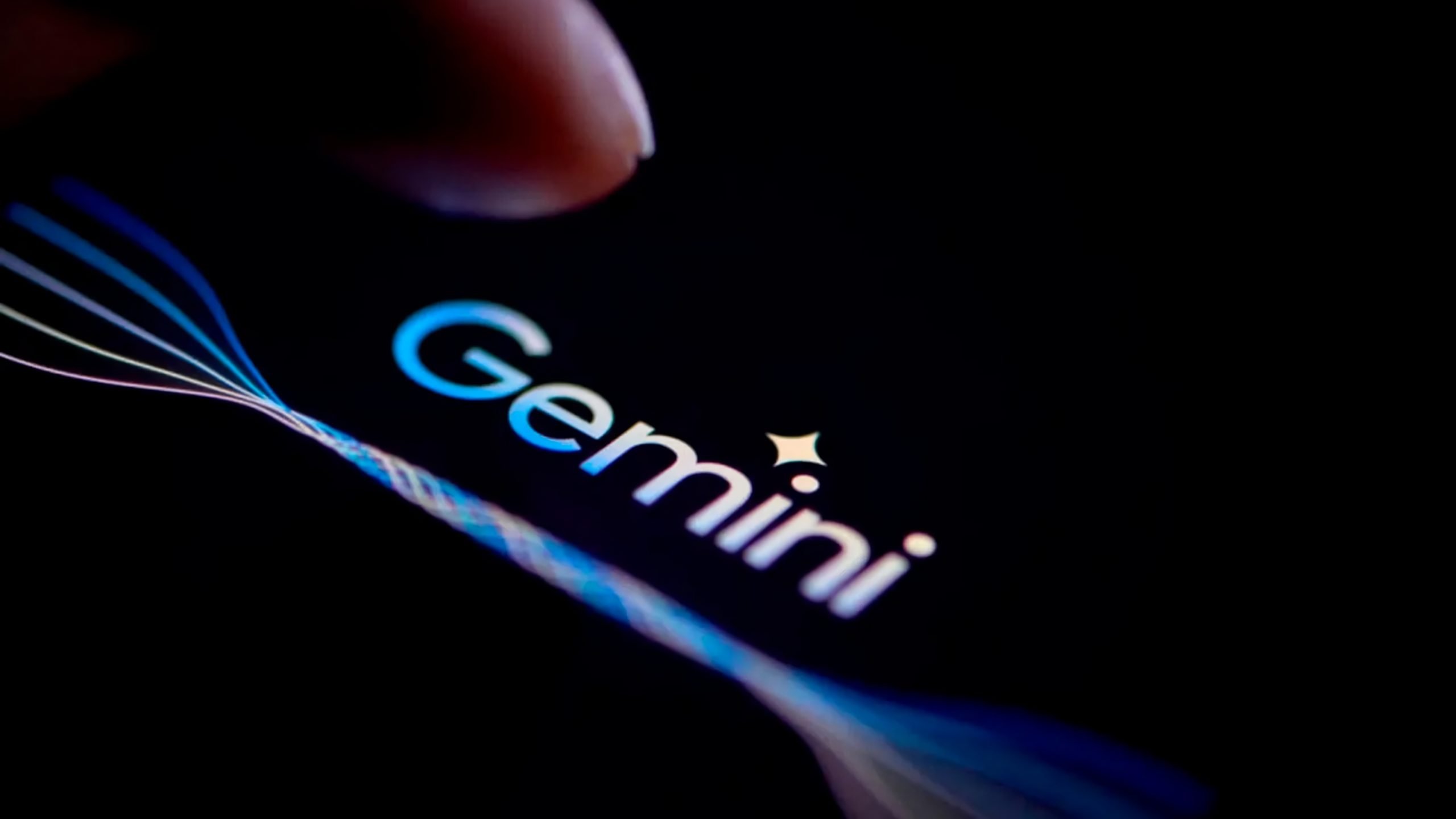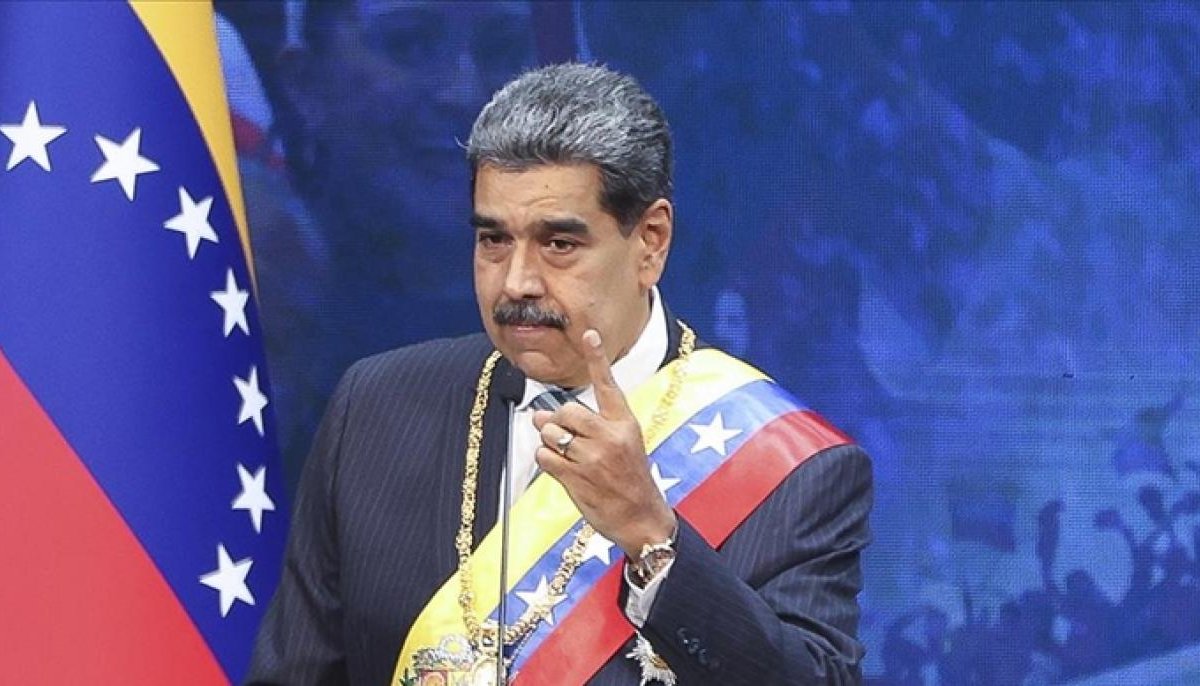On January 10, Venezuela blocked approximately 40 public DNS services, including “8.8.8.8” (Google) and “1.1.1.1” (Cloudflare). In addition to services, virtual private networks (VPNs) and the TikTok app were also blocked. Today (16), organization AND Without Filter states that the blockade continues.
with movement, Venezuelan citizens lose the ability to connect to the internet on services that make it easier to bypass blockades National information on content.
The organization also states that there are night blocks on the TikTok application throughout Venezuela, as if it were limited to daytime use only.
Thiago Ayub, director of technology at Sage Networks, explains how the interaction between services works: “Two communication elements are required for communication between devices to occur over the internet: DNS and IP address.. Authorities often block both. As for the IP address, providers of online services have the opportunity to change this, and this recently happened in Brazil when X bypassed the block set by the STF and instantly adopted services from the company Cloudflare. “If the service provider changes the IP address on the one hand, and the user uses a DNS that is not affiliated with a national authority on the other hand, these two actions on both sides allow the censored contents and internet users to re-establish communication.”
The blocks also include local providers. Nominally, these are: CANTV, Movistar, Digitel, Inter, Supercable, Vnet, Airtek and G-Network, whose connections are cut off in the morning and early hours in the country.
Regarding virtual private networks, VE sin Filtro states that the domains of 21 services are blocked. The list of blocked VPNs includes the following names: Betternet, Brownc, CyberGhost VPN, ExpressVPN, Hola VPN, Hotspot Shield, IPVanish, iTop VPN, NordVPN, PandaVPN Pro, Proton VPN, Psiphon, PureVPN, Speedify, Surfshark, TunnelBear VPN, Urban VPN Proxy, Brave VPN, Super Unlimited VPN Proxy, Windscribe and ZoogVPN.
Similarity with Brazil
Technology director Ayub also commented, “The blocking in Venezuela is happening along the same lines as in Brazil: the authority decides to block a specific content by mobilizing the technical teams of all providers and operators in the country with its own tools.”
This means, in his opinion, that each provider is responsible for blocking. “The most senior technicians access edge routers (the most important ones in the network) to block known IP addresses of the target to be blocked, and access DNS servers (like TecMundo.com.br) to block addresses there. The combination of these two blocks (the address in the number and the address in the name) completes the block.”
Ayub also states that in Brazil, an automation mechanism called Virtual Seal for this obstructive production chain is being tested by Anatel together with the main operators. “In this, the agency sends commands directly to end routers and DNS servers without human intervention from operators and providers’ technicians, of which there are more than 20 thousand companies in Brazil today,” he concludes.
Source: Tec Mundo
I am a passionate and hardworking journalist with an eye for detail. I specialize in the field of news reporting, and have been writing for Gadget Onus, a renowned online news site, since 2019. As the author of their Hot News section, I’m proud to be at the forefront of today’s headlines and current affairs.










